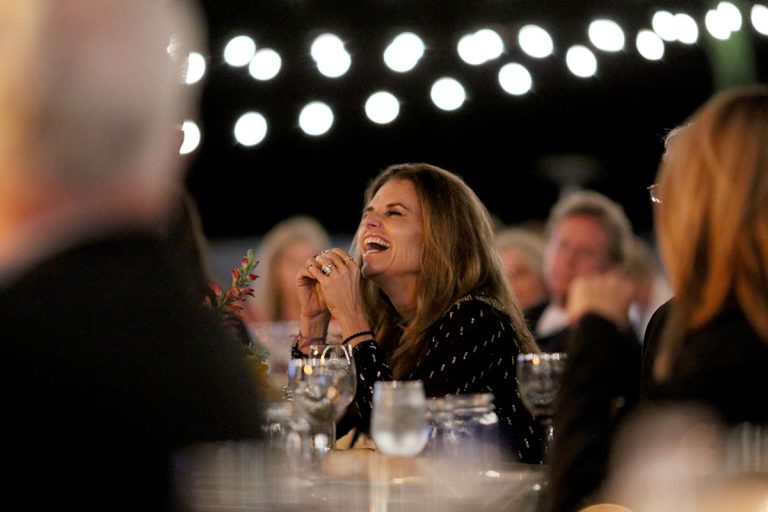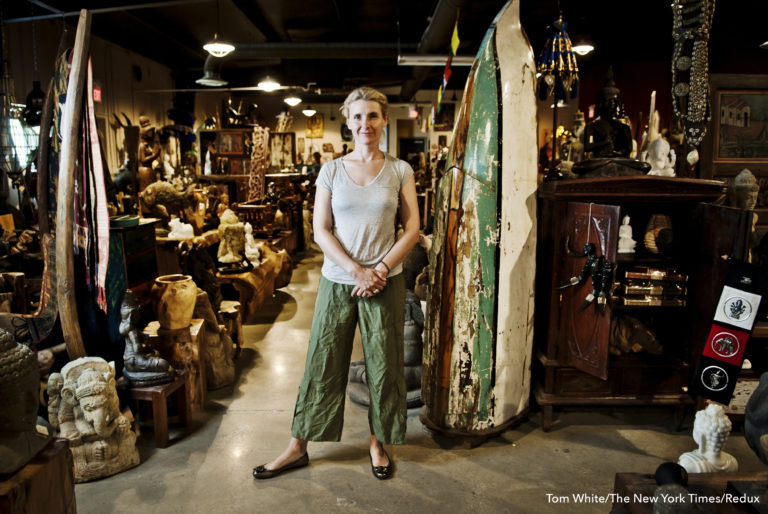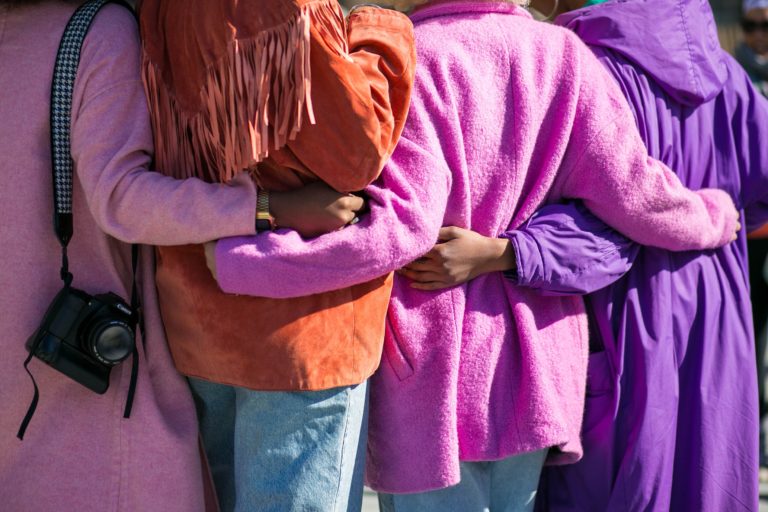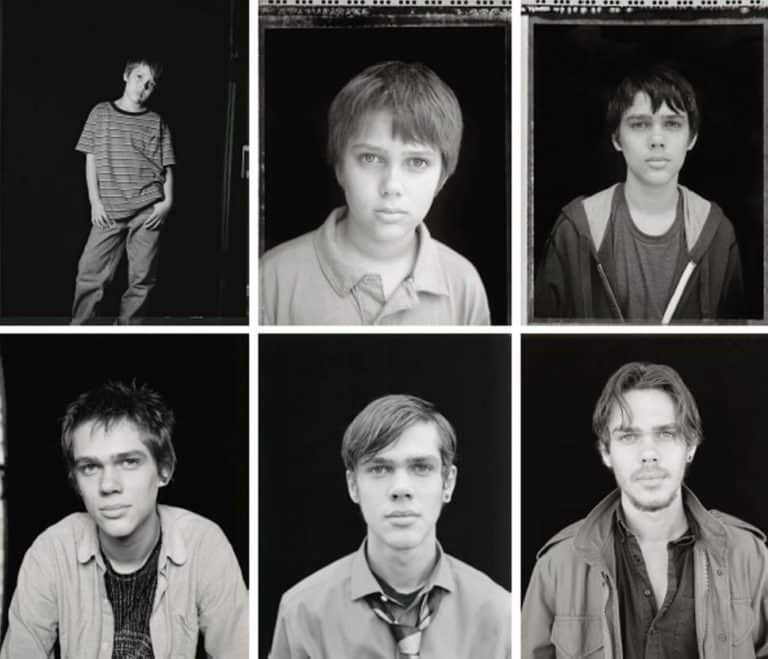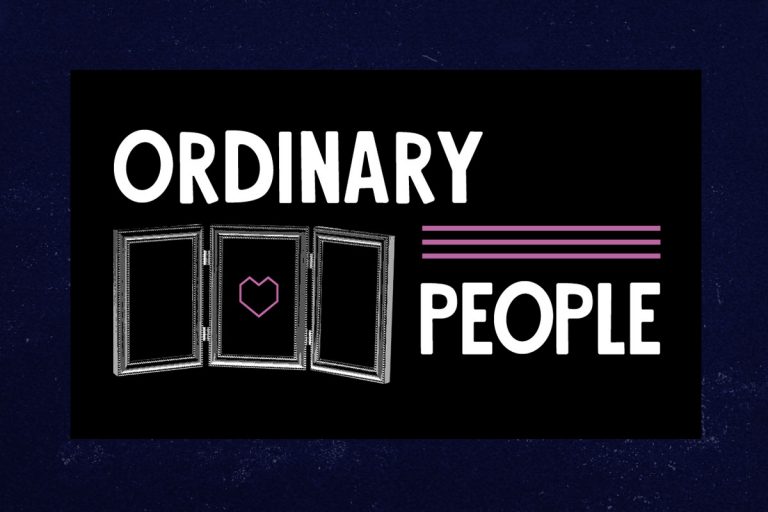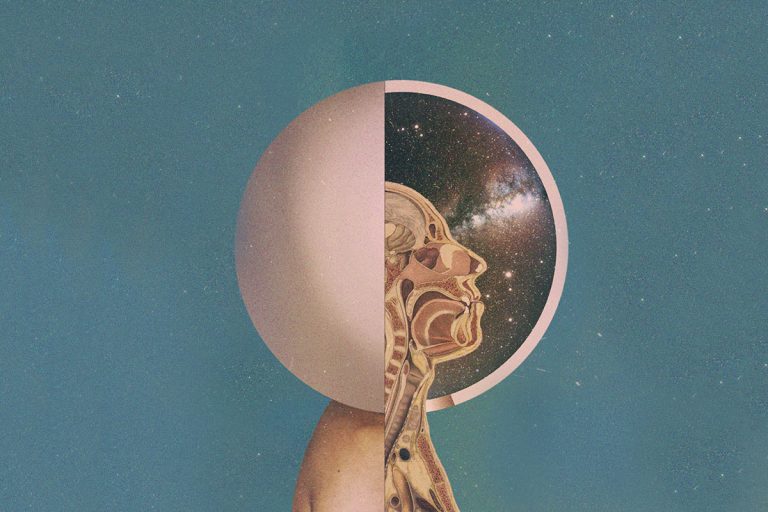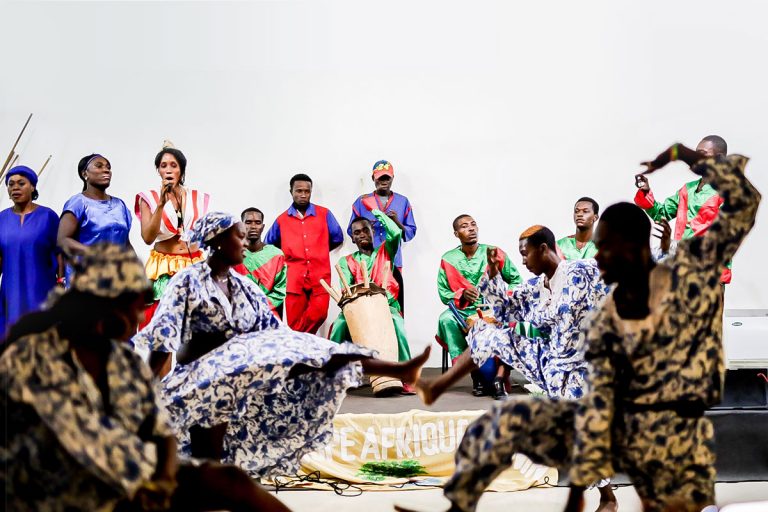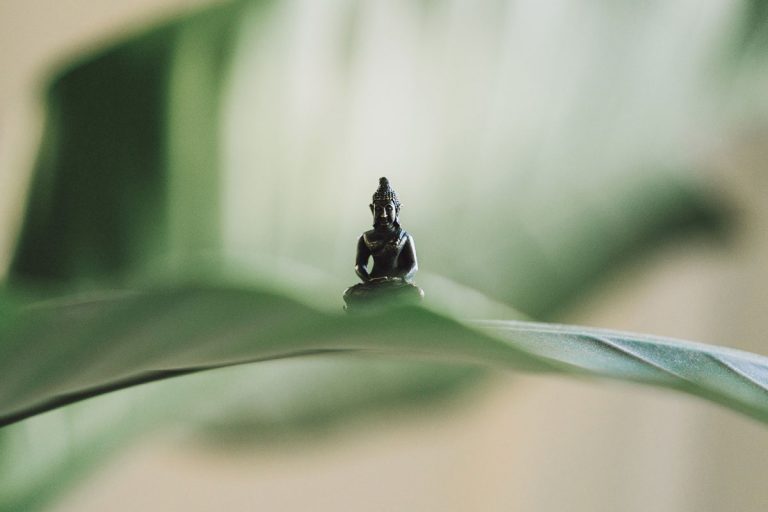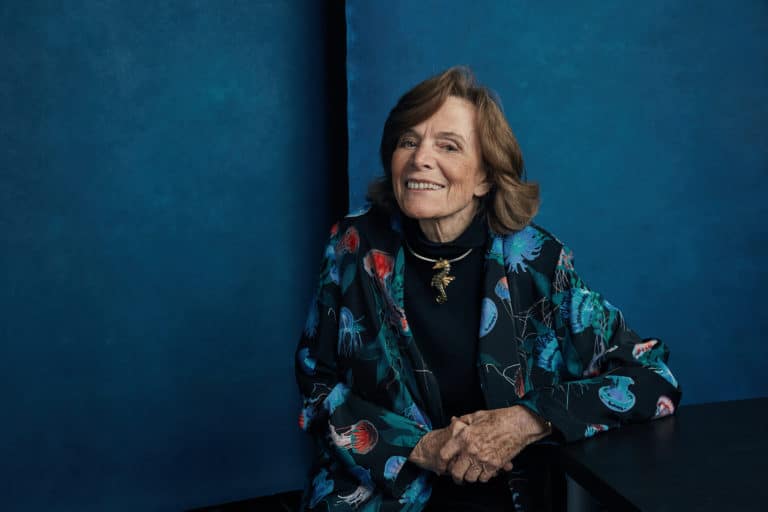Toy Story helped Monsignor Charles Pope through a time of personal crisis. From ego to failure to self-acceptance, Charles Pope embraced his inner Buzz Lightyear and in the process, himself.
Podcasts
View
- List View
- Standard View
- Grid View
887 Results
Maria Shriver’s life is often summarized in fairy tale terms. A child of the Kennedy clan in the Camelot aura of the early 1960s. Daughter of Eunice Kennedy Shriver, who founded the Special Olympics, and Sargent Shriver, who helped found the Peace Corps. An esteemed broadcast journalist. First lady of California. This hour, she opens up about having a personal history that is also public history — and how deceptive the appearance of glamour can be. We experience the legendary toughness of the women in Maria Shriver’s family — but also the hard-won tenderness and wisdom with which she has come to raise her own voice.
For Samantha Powell, the pressure to be the perfect adult felt like a stranglehold. But this all changed with Bridget Jones’s Diary. The movie loosened the grip of perfectionism, and taught her she didn’t need to be flawless to be happy.
Her name is synonymous with her fantastically best-selling memoir Eat Pray Love. But through the disorienting process of becoming a celebrity, Elizabeth Gilbert has also reflected deeply on the gift and challenge of inhabiting a creative life. Creativity, as she defines it, is about choosing curiosity over fear — not to be confused with the more familiar trope to “follow your passion,” but rather as something accessible to us all and good for our life together.
What movie mirrors your life so perfectly you think it was made about you? For Entertainment Weekly’s Anthony Breznican, that film is Avalon. The story of a Jewish immigrant family reminds him that families are so much more alike than they are different.
“Race is a little bit like gravity,” john powell says: experienced by all, understood by few. He is a refreshing, redemptive thinker who counsels all kinds of people and projects on the front lines of our present racial longings. Race is relational, he reminds us. It’s as much about whiteness as about color. He takes new learnings from the science of the brain as forms of everyday power. “We don’t have to imagine doing things one at a time,” he says. “It’s not, ‘how do we get there?’ It’s, ‘how do we live?’”
Naomi Shihab Nye uncovers poetry in the everyday, an art practiced in Richard Linklater’s coming-of-age classic, Boyhood. Naomi found herself “living inside” the movie — seeing her daydreaming-childhood-self and life as a mother on screen.
Love is an ability, not just a feeling. That’s the lesson Dan in Real Life brought home for meditation teacher Sharon Salzberg. The story of Steve Carell’s flawed but loveable character echoed Sharon’s own work — to realize love as a capacity within ourselves.
Anthropologist Helen Fisher explores the biological workings of our intimate passions, the brew of chemicals, hormones, and neurotransmitters that make the thrilling and sometimes treacherous realms of love and sex. In the research she does for match.com and her TED Talks that have been viewed by millions of people, she wields science as an entertaining, if sobering, lens on what feel like the most meaningful encounters of our lives. In this deeply personal conversation, she shows how it is possible to take on this knowledge as a form of wisdom and power.
Dear Sugars’ Steve Almond talks about the liberating vulnerability of this Robert Redford classic. It taught him to embrace the complexity and pain in his own family, and in the process, move towards a more meaningful life.
A literary thinker with a “telescopic view of time”; an astrophysicist with an eye to “cultural evolution towards good.” What unfolds between these two is joyous, dynamic, and unexpectedly vulnerable — rich with cosmic imagining, civic pondering, and even some fresh definitions of the soul. A live taping from the inaugural On Being Gathering at the 1440 Multiversity in California.
Sexual tension? Romance? Teen angst? Sounds like a typical ’80s movie. But The Guardian’s Hadley Freeman says Say Anything is different, even radical, in its portrayal of women and men as friends.
Flutist and vocalist Nathalie Joachim is a magnetic voice of one of the unexpected aspects of our globalized world — new generations reclaiming and falling in love anew with the places their parents left. In an odyssey through songs of women, Nathalie Joachim is immersing in Haiti’s ecological and political traumas, as well as its beauty and its promise.
If you could, would you erase memories of past lovers? This idea is at the heart of Eternal Sunshine of the Spotless Mind, and Chaitanya Kumar says he wouldn’t. Still, the movie made him rethink the way we experience and remember love.
Stephen Batchelor’s secular Buddhism speaks to the mystery and vitality of spiritual life in every form. For him, secularism opens to doubt and questioning as a radical basis for spiritual life. Above all, he understands Buddhism without transcendent beliefs like karma or reincarnation to become something urgent to do, not to believe in.
Oceanographer Sylvia Earle was the first person to walk solo on the bottom of the sea, under a quarter mile of water. She has watched humanity’s enduring fascination with “outer space” while she has delighted in “inner space” — the alien and increasingly endangered worlds beneath earth’s waters. These frontiers, as Sylvia Earle points out, are our very life-support system. She takes us inside the knowledge she’s gathered from a lifetime of research and literally swimming with sharks.
Harry Potter and the Sacred Text’s Casper ter Kuile talks about this classic Meg Ryan/Tom Hanks movie, one he always watches with a pint of ice cream. It shaped the world he longed for as a 14-year-old, and later on, even the kind of man he would marry.
February 14, 2018
Rubén Blades, Ashley C. Ford, David Greene, et al.
This Movie Changed Me
Movies delight and inspire and repel. They’re places the big questions we take up at On Being land in the heart of our lives. They change our lives and our life together. Get out the popcorn for this show, and immerse yourself in film scores and iconic movie moments — with David Greene on how Star Wars changed him, Ashley C. Ford on The Nightmare Before Christmas, Rubén Blades on the 1943 noir Western The Ox-Bow Incident, and more.
The Pause
Join our constellation of listening and living.
The Pause is our seasonal Saturday morning ritual of a newsletter. Replenishment and invigoration in your inbox. Wisdom to take into your week. And when you sign up, you’ll receive ongoing, advance invitations and news on all things On Being.
Search results for “”
View
- List View
- Standard View
- Grid View
Filters



